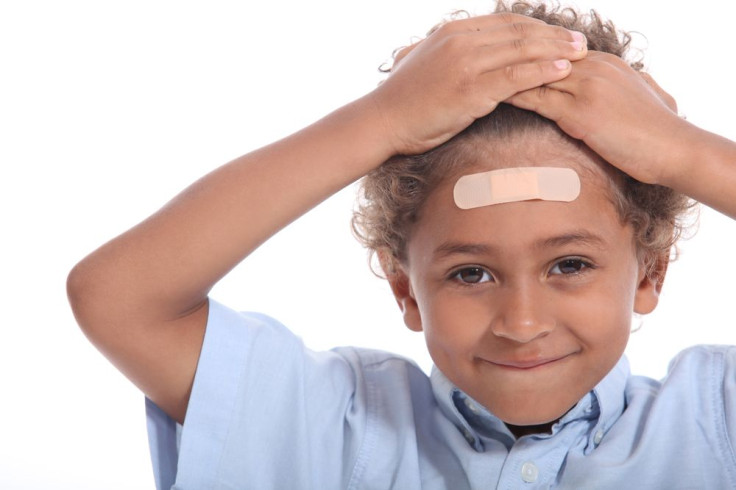Use Of Electronics After Concussion May Double Recovery Time

If you’re at home recovering from a concussion, you should probably give your iPad some time off, too. That is the conclusion of a new study from the Children’s Hospital of Philadelphia, where researchers have determined that the mental exertion of electronics may significantly prolong the recovery period. The findings may lead to new guidelines for schools and pediatricians.
Recent reports suggest that the time needed to recover from head trauma is largely contingent on the patient’s ability to stay away from mental stimulation. This effect is particularly pronounced in children and young adults. The new study, which is published in the journal Pediatrics, sought to quantify the influence of computers, TVs, and videogames on the recovery period.
To investigate, the researchers surveyed 335 concussion victims aged 8 to 23. Each subject was asked to report her daily mental activity throughout the entire recovery period. The range included minimal activity, moderate activity, significant activity, or full mental activity.
The team found that the subjects who reported the most mental activity needed about 100 days to get back on their feet. For those who gave their brains rest, the period was cut in half: subjects reporting little to no activity had no residual symptoms after 50 days. "We recommend a period of near full mental rest after injury –– approximately three to five days –– followed by a gradual return to full levels of mental activity,” William Meehan, senior author of the study, told Health Day.
That said, it is not necessary to shut down completely. According to lead author Naomi Brown, it’s all about striking a balance. "After a concussion, we recommend rest because kids tend to do too much," she told reporters.
"We are not recommending complete abstinence from school, especially after the first week," she added. "If you go to school for a couple of hours and you are doing OK, then the next day you can go for a little bit more and slowly test it out."
Recovering From a Concussion
The new study dovetails with a 2013 clinical report recommending a slow, gradual resumption of homework and school activities following a concussion. Published by the American Academy of Pediatrics (AAP), this report suggests that a collaborative “team” of pediatricians, teachers, and family members should develop a personalized road to recovery for each child. Sometimes, this means spending a few extra days at home.
“Students appear physically normal after a concussion, so it may be difficult for teachers and administrators to understand the extent of the child's injuries and recognize the potential need for academic adjustments," Mark Halstead, lead author of the AAP guidelines, told reporters in October. "But we know that children who've had a concussion may have trouble learning new material and remembering what they've learned, and returning to academics may worsen concussion symptoms."
In the end, a speedy recovery from head trauma may come down to the patient’s ability to communicate their symptoms. John Kuluz, director of traumatic head injury and brain rehabilitation at Miami Children’s Hospital, tells his patients to look for lingering psychological effects and plan their day accordingly. "I tell my patients, 'You have to slow down, but I don't want you to do nothing,’” he said. “‘I want you to find the right amount of mental activity for you, and you find that level by paying attention to your symptoms.'"
Source: Brown NJ, Mannix RC, O’Brien MJ et al. Effect of Cognitive Activity Level on Duration of Post-Concussion Symptoms. III Pediatrics peds.2013-2125; [published ahead of print January 6, 2014]



























